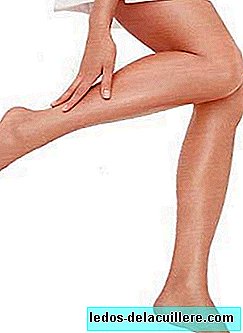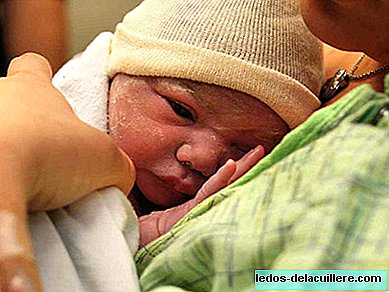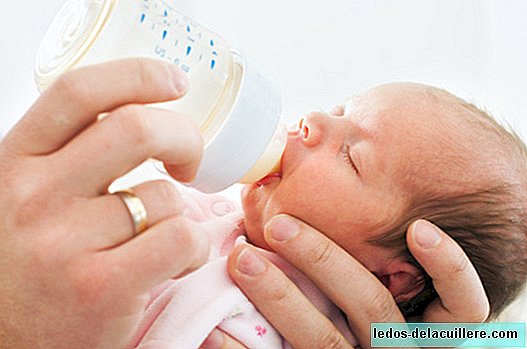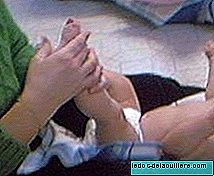
Varicose veins occur when blood stagnates in the veins that most support the weight of gravity, in our case in the legs, rectum and sometimes the vulva. The venous return becomes more difficult, and during pregnancy, the appearance of varicose veins It is favored by the increased pressure of the uterus on the pelvic veins and the increased volume of blood circulating in the body.
Also the hormones of pregnancy have something to do, since they relax the muscle fibers present in the walls of the veins, with which they relax and are more prone to dilate and deform. Aesthetically they can cause rejection, but the worst are the physical discomforts that they can cause, such as muscle aches in calves, thighs, vulva or anus, heaviness or cramps.
There are particularly annoying varicose veins, those we know as hemorrhoids, when there is a dilation of the veins in the anal region.
It is best to prevent varicose veins, so as not to face complications during pregnancy. Some guidelines help us prevent varicose veins, or reduce your discomfort if we already have them:
- Do not carry excess weight or lift anything heavy.
- Wear special stockings for varicose veins. Your gynecologist will advise you which one is the most appropriate.
- Avoid sitting too long or standing in the same position. It is good to get up frequently, move feet and legs. While sitting, it is not good to have your legs crossed by the pressure that is exerted on the limbs.
- When we are lying down, you can raise your feet (with large cushions under the mattress ...), which favors and lightens the circulation in the legs.
- Do not wear tight clothing on legs or waist.
- Do not wear shoes with thin or high heels.
- No smoking, since tobacco, apart from all the damages that it entails, is associated with an increase in the incidence of varicose veins by impairing blood circulation.
- Avoid exposure to high temperatures (direct sun, saunas, baths too hot ...), as excessive heat dilates the veins.
- Perform certain gentle exercisesLike swimming, it can relieve discomfort caused by varicose veins by facilitating blood circulation. Similarly, walking is very beneficial to prevent varicose veins, as well as the Pilates method.
- You can perform gentle, circulatory massages on the legs, which will favor blood flow and a better quality rest.
Generally varicose veins caused by pregnancy are not severe. If suspicious symptoms occur, such as a sudden hardening of the varicose vein, pain and redness in the area, the doctor should be consulted, as it could be some complication, such as venous thrombosis (the formation of a blood clot in a vein ). Surgery will only be considered for exceptional cases, when the doctor deems it necessary.
Through all these tips we prevent the appearance of varicose veins during pregnancy, we control their progression and they will help us reduce the discomfort if they are present, in addition to avoiding complications.












